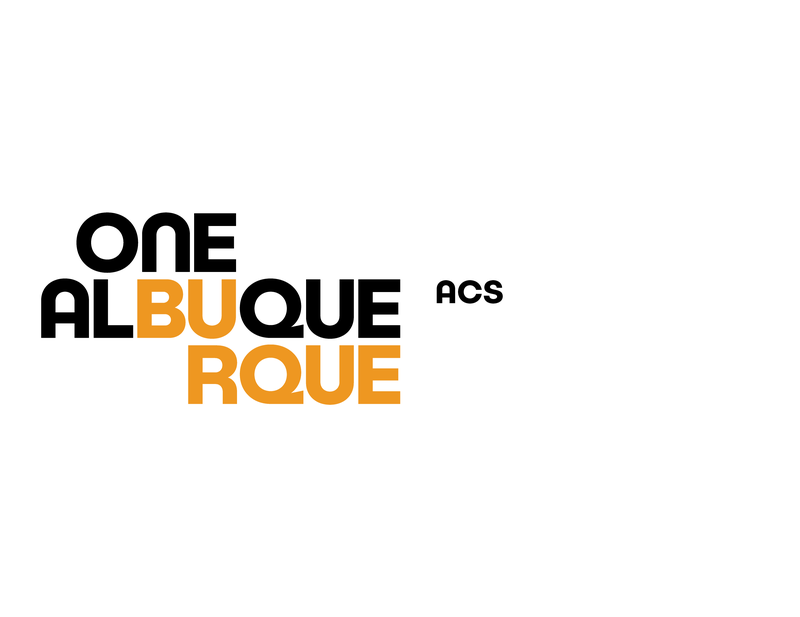
ACS Responders Help Couple Begin Recovery Journey Through On-the-Spot Connection to Treatment
A compassionate collaboration between the Albuquerque Community Safety Department’s (ACS) Behavioral Health Responders and the Violence Intervention Division’s Opioid Education and Prevention (OEP) team helped two Albuquerque residents take their first steps toward recovery and stability.
While on duty one morning in late October, ACS Behavioral Health Responders were called by City of Albuquerque Metro Security to a local park where a couple in their mid-thirties were seeking help for addiction and homelessness. The couple reported that they had no identification, cell phones, or a place to stay but expressed a strong desire to become sober and rebuild their lives.
During the response, the female shared that her daughter had been taken into state custody at birth. Determined to reunite with her child, she told responders she was ready to enter treatment and turn her life around.
Recognizing the urgency of the situation, ACS field responders contacted the ACS Violence Intervention Division’s OEP team, which provides addiction education, recovery resources, and treatment navigation. Working together, the teams arranged immediate placements, transporting the female to detox and the male directly to rehabilitation. Within days, the female successfully transitioned from detox to the same rehabilitation facility as her partner. The rehabilitation facility, in partnership with ACS, is working to help the couple get identification and other critical documents to continue their recovery. The couple continues to do very well and remain actively engaged in treatment.
“The collaboration between our field teams and the Opioid Education and Prevention team is critical in helping people get off the streets and into treatment,” said Heather Carnes, Behavioral Health Responder. “Our ability to respond immediately and then connect individuals to ongoing, wraparound support through the OEP team makes all the difference. This is how recovery begins, through care, teamwork, and action.”
Now in its fifth year, ACS continues to provide trauma-informed, person-centered responses to behavioral health, addiction, and homelessness-related calls. Through coordination across divisions and partnerships with community programs, ACS helps residents move from crisis to care, connecting people to the resources they need to thrive.
